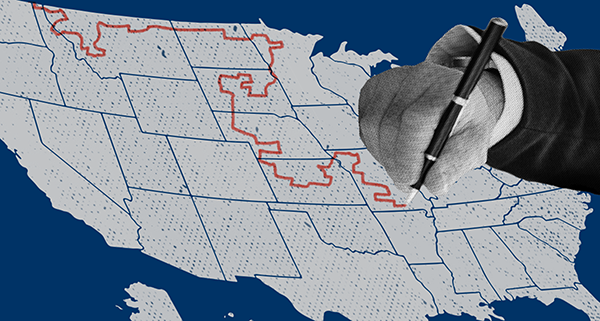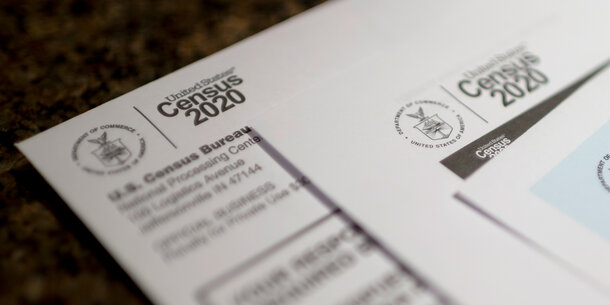Every ten years, the U.S. Census Bureau conducts a count — the census — of all the people living in the country. The U.S. Constitution requires the government to count every adult and child, citizens and noncitizens. The census count not only determines how many seats each state will have in the U.S. House of Representatives but also affects how and where federal, state, and local governments allocate funds for education, social services, infrastructure, and more.
Despite its vital importance, the 2020 Census faced a myriad of risks. These risks included efforts to add an untested citizenship question to the census form, other attempts to produce citizenship data for purposes of removing undocumented persons from the count, and a last-minute rush to speed up counting and data-processing.
The Brennan Center and others mobilized to address these risks through legal action in the federal courts. This litigation resulted in victories that stopped the citizenship question, halted the rush of counting and data-processing operations, and shed light on the Trump administration’s plans to manipulate the census. In addition to participating in these and other cases, we tracked major developments in the key litigation to keep the public informed.











